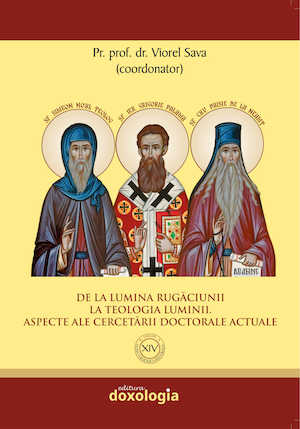Man as co-creator Theological presuppositions of the ethics of reproduction
Man as co-creator Theological presuppositions of the ethics of reproduction
Author(s): Vantsos Miltiadis
Subject(s): Christian Theology and Religion, Philosophy, Ethics / Practical Philosophy, Special Branches of Philosophy, Theology and Religion, Philosophy of Religion, Biblical studies, Sociology of Religion
Published by: Editura Doxologia
Keywords: human reproduction; creation of life; marriage; abortion; infertility; assisted reproduction; orthodox ethics;
Summary/Abstract: While God is the creator and giver of life, man can become co-creator in having offspring by following His command to “increase and multiply, and fill the earth and subdue it” (Gen 1: 28). Man's synergy in the creation of life is expressed by the free will of the future parents and is reflected in the resemblance between the parents and the child, due to the laws of heredity. Parenthood is therefore not determined solely by God, but it is also shaped by man based on his personal desires and goals. At the same time the notion of man as a cocreator indicates that his reproductive freedom should be in accordance with divine providence and wisdom. Therefore, procreation should not only be understood as a personal right, but also as a significant responsibility, both towards God and the child who comes into existence. The theological understanding of man as co-creator allow us to come to some conclusions regarding the ethics of termination of the unborn human life through abortion, and the human desire to overcome the obstacle of infertility through the methods of assisted reproduction.
- Page Range: 91-98
- Page Count: 8
- Publication Year: 2022
- Language: English
- Content File-PDF

